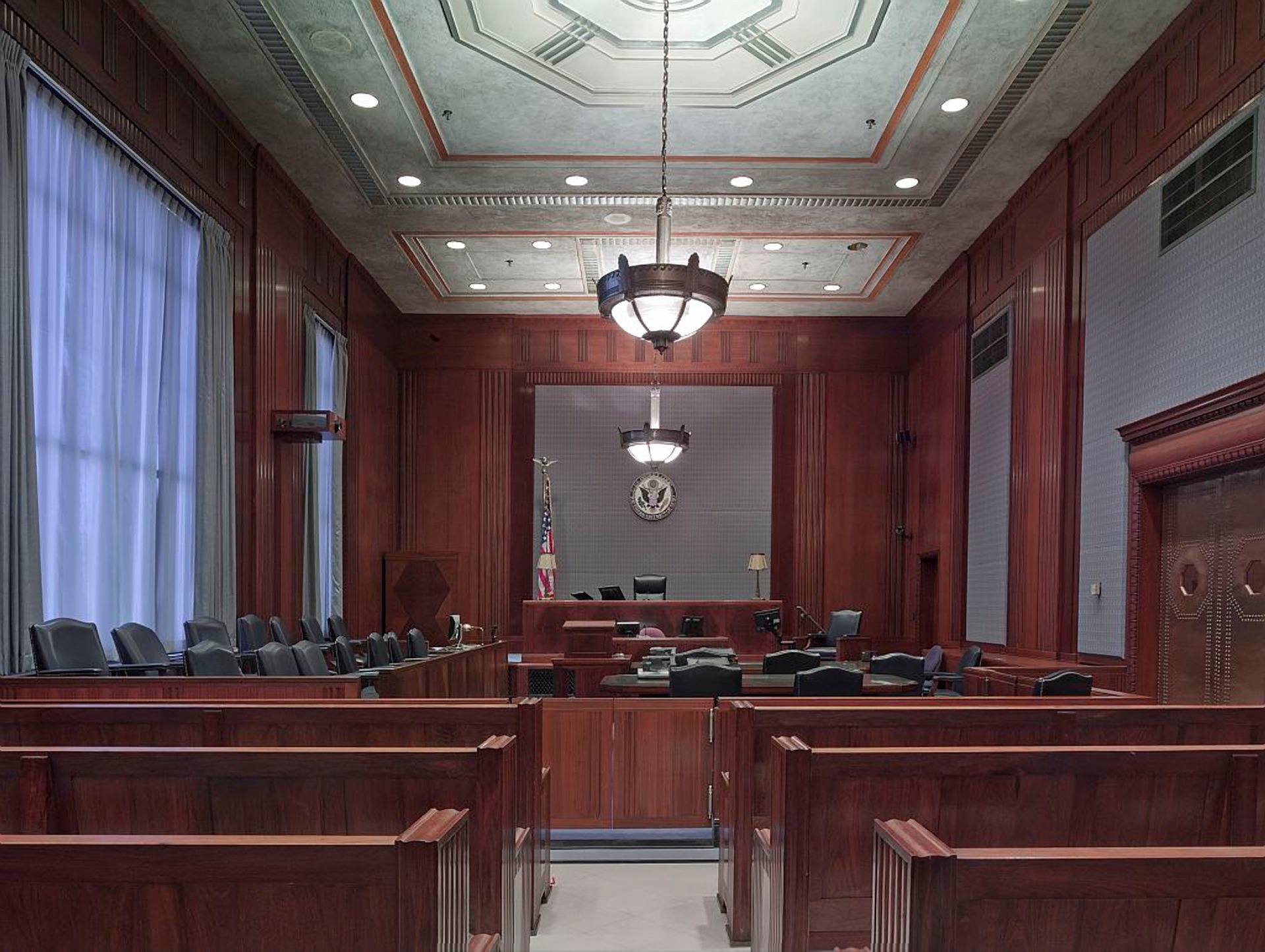
The terms “robbery” and “burglary” are very often conflated, and understandably so, as both generally have to deal with stealing property. However, there is a difference, and they are treated as separate crimes, with separate consequences, in New York State. If you are someone who is being charged with either a robbery or a burglary in New York, you cannot wait–you must take action. Start by reading on to learn more about burglary and robbery charges and reach out to our experienced firm to see what we can do for you. Here are some of the questions you may have:
How is robbery defined in New York State law?
New York State, rather simply, defines robbery as forcible stealing. If someone either uses physical force or threatens to use physical force against another party while committing an act of larceny, it is considered a robbery by law.
What happens if I am convicted of robbery in New York?
New York courts take robberies very seriously, which is why if you are someone who is being charged, you must hire an experienced attorney as soon as you can. An attorney may be the deciding factor in whether you go to jail, or walk away a free man. Here are some of the consequences you may face for a robbery charge in New York:
- Third Degree: Class D felony, 2-7 years in prison
- Second Degree: Class C felony, 7-15 years in prison
- First Degree: Class B felony, 10-25 years in prison
What defines burglary in New York law?
Burglary is defined as the act of trespassing or unlawfully entering or remaining on a property with the specific intent to commit a crime within a building. Though burglary generally lacks the violent aspect of robbery, New York courts will still pointedly pursue charges against all those accused of burglary.
What are the penalties for committing a burglary in New York?
If you are convicted of a burglary charge in the state of New York, you may face the following legal consequences:
- Third-degree burglary: Class D felony, 1-7 years in prison, potential $5,000 fine
- Second-degree burglary: Class C felony, 1-15 years in prison, potential $5,000 fine
- First-degree burglary: Class B felony, 1-25 years in prison, potential $5,000 fine
Contact our experienced New York firm
Criminal matters can change the course of your life forever. This is why you need an experienced attorney who will aggressively combat your charges to help mitigate their long-term effects. If you are in need of experienced legal counsel for a criminal defense matter on Long Island or throughout New York State, please contact Grunwald & Seman, P.C. to schedule a consultation. We would be happy to assist you.
